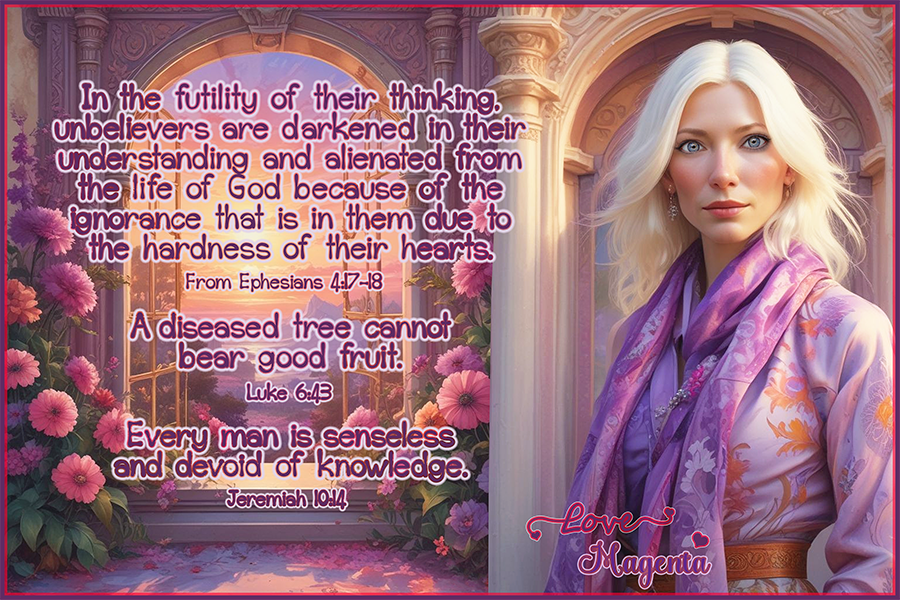You have very serious reading comp problem. Rom 9:6 is NOT explaining why Israel failed. Rather, it's explaining why God's plan of salvation (as revealed in his Holy Word) has not failed with respect to Israel! And this explanation follows on the heels of the great predestination/election passage in Rom 8:28ff. And one of the big takeaways from Rom 9 is that God's plan didn't fail because God never intended to save all Jews, hence the reason why Paul uses two of the historic patriarchs to make his case!
Furthermore, he's not addressing only Jews. He's addressing everyone mentioned in his opening words in Rom 1. And the people mentioned therein were primarily Gentile believers -- most of whom were very likely proselytised by Jews prior to their conversion to the Christian faith.
Here is what the reverend Chat GPT had to say about your post.
Your reading of Romans 9:6 misunderstands Paul's broader argument in
Romans 2–11, particularly his sorrow and sustained explanation of why
Israel as a nation failed and were, in part,
cut off. Let’s clarify what Paul is doing:
1. Romans 9:6 – “Not all who are descended from Israel belong to Israel”
This is
exactly Paul's way of answering the question:
How could God's covenant people have failed to receive their Messiah? It is a
defense of God's faithfulness, yes, but by
explaining the failure of Israel, not denying it.
Paul is grief-stricken (Rom 9:1–3) because
Israel as a nation has stumbled (cf. Rom 9:32, Rom 11:11). He is not simply saying "God never meant to save them all" as a detached theological principle. Rather, he is heartbroken that the very people entrusted with the law, the covenants, and the Messiah (Rom 9:4–5) have
missed the promise by
seeking righteousness by works of the law (Rom 9:31–32; 10:3).
2. Paul’s grief (Romans 9:1–3)
His anguish is real because this is a
historic tragedy. Paul is not saying, “Don't worry, nothing went wrong.” He is saying, “Something has gone terribly wrong—but God’s word hasn’t failed.” That’s a nuanced but crucial distinction.
3. Use of the word “law”
Throughout Romans 2–11, Paul uses "law" over and over to show how Israel pursued righteousness through the law (e.g., Rom 2:17–29; Rom 3:19–20; Rom 9:31–32), and how the Gentiles, who did not have the law, attained righteousness by
faith (Rom 9:30).
Israel failed not because God failed, but because
they pursued righteousness “not by faith but as if it were by works” (Rom 9:32). That is the theological heart of Paul’s lament and argument.
4. Election in Romans 9
Yes, Paul invokes Isaac and Jacob to show that God’s promises work through election—but that election is not arbitrary. Paul doesn’t use election to suggest indifference, but to show that
faith, not lineage or law, is the decisive mark of God’s people (Rom 9:30–33; 10:4; 11:20). Romans 9–11 is not only about God’s sovereignty, but also Israel's responsibility for rejecting Christ.
5. Audience in Romans 1–11
Paul is writing
to a mixed audience of Jews and Gentiles in the Roman house churches (Rom 1:7). Yes, many Gentiles were likely former God-fearers who had been associated with Jewish synagogues, but
chapters 2 through 11 heavily engage with the Jewish perspective, especially:
- Romans 2–3: Condemning Jewish reliance on the law.
- Romans 4: Abraham as the father of all who believe, not by law.
- Romans 9–11: Focused squarely on Israel’s role in salvation history.
So while Gentiles are certainly included in Paul’s address,
his deep focus in Romans 2–11 is to explain Israel’s failure, the vindication of God’s promise, and the inclusion of Gentiles by faith—culminating in the mystery of God’s plan to save both Jew and Gentile through mercy (Rom 11:30–32).
In summary:
- Romans 9:6 is about Israel’s failure, explaining how that failure does not mean God's word failed.
- Paul’s grief shows this failure is tragic, not insignificant.
- The repeated mention of "law" is central to diagnosing Israel’s misstep.
- Election is used to show God’s initiative, not arbitrariness.
- Paul addresses both Jews and Gentiles but with sustained focus on the historical failure and hope for Israel.
The tragedy is real—but so is the hope, because Paul concludes with the possibility of
Israel being grafted in again—if they do not persist in unbelief (Rom 11:23).




